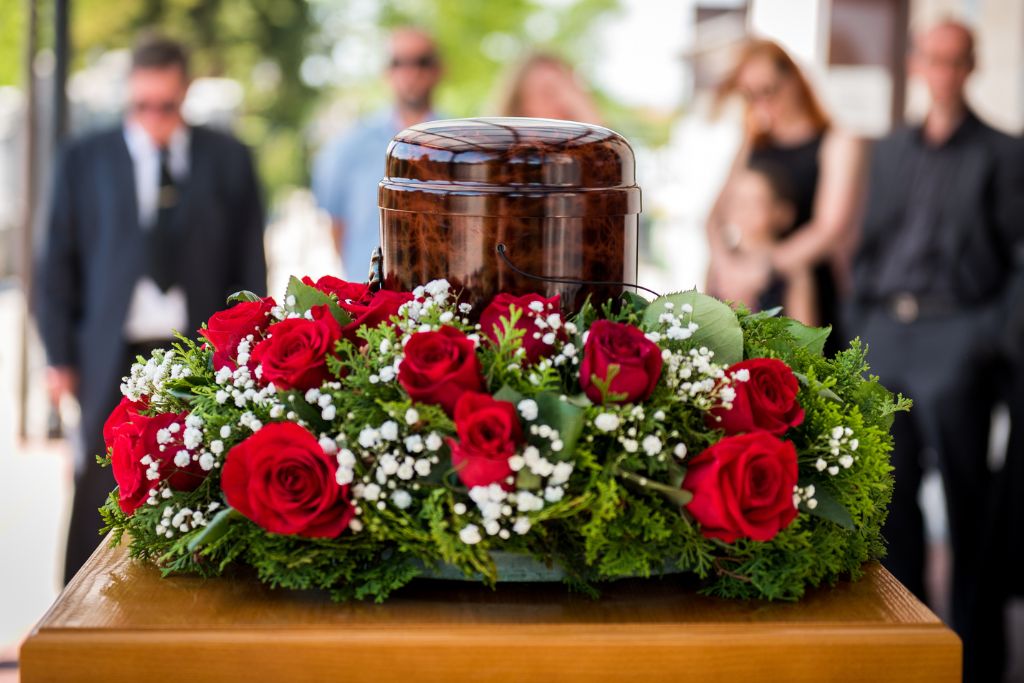Who can request the transportation of human remains from one city to another?
According to legal regulations, the request for the transportation of human remains may be submitted by the deceased’s closest family members — that is, the spouse, children, parents, siblings, grandparents, or authorized representatives. Funeral companies usually act on the basis of a written authorization granted by the family.
Required documents for transporting human remains between cities
Transporting a body from one city to another requires completing several formalities. The most important include:
- presenting the death certificate issued by a doctor or the official death record,
- obtaining permission from the district governor (starosta) or city mayor if the transport takes place between municipalities,
- securing burial approval — if the cemetery is located in another region, confirmation of the burial location must be obtained,
- signing a transport order in the form of a contract or authorization with the funeral company.
Funeral companies typically take responsibility for gathering the necessary documents, which greatly simplifies the entire procedure.
How is the transportation of human remains carried out?
The transport of human remains in Poland must comply with sanitary and epidemiological regulations. The key rules include:
- the transport must be carried out in a specialized funeral vehicle equipped with a refrigeration unit or other cooling systems,
- the deceased must be placed in a transport coffin, and in the case of cremation, the ashes must be contained in a tightly sealed urn,
- the transport should take place as soon as possible after the necessary documents are issued,
- transporting human remains in passenger cars or other vehicles not adapted for this purpose is against the law.
Transporting human remains within Poland – what are the costs?
The cost of transporting a body from one city to another depends on several factors, such as:
- the distance between locations,
- additional services (e.g., embalming, storing the body in a mortuary until documentation is completed),
- the time of transport — transfers carried out at night or on public holidays may be more expensive.
In the event of death abroad, it is worth checking the deceased’s insurance policy. Most travel insurance policies, as well as insurance for people working abroad, may cover the costs of transporting the body or ashes of the deceased back to Poland.
Who is responsible for transporting human remains from one city to another?
The transportation of human remains may only be carried out by licensed funeral service providers equipped with appropriate vehicles, refrigeration systems, and professional expertise. BONGO offers its services 24 hours a day, 7 days a week — which is especially important in cases of sudden death.
Transporting an urn with ashes from one city to another
In Poland, an urn containing ashes may be transported by private car, train, or ship. In such cases, the urn must be carefully secured, and the method of transport must ensure full respect for the dignity of the deceased. When transporting an urn by air, the internal regulations of the specific airline should be checked in advance.
Domestic vs. international transport – what are the differences in procedures?
Regulations governing the transport of human remains vary depending on the country. Therefore, the process should begin by contacting the Polish consulate in the respective country, or by entrusting the entire organization to a company specializing in international funeral transport. BONGO provides comprehensive services for both the transportation of human remains and ashes, with many years of experience in the field. This ensures that all procedures are completed efficiently, promptly, and in full compliance with local laws and customs.
In summary, transporting human remains from one city to another — although it may seem complicated — proceeds smoothly with the support of an experienced funeral company. The key factors are proper documentation, a suitable vehicle, and thorough knowledge of the relevant regulations.













